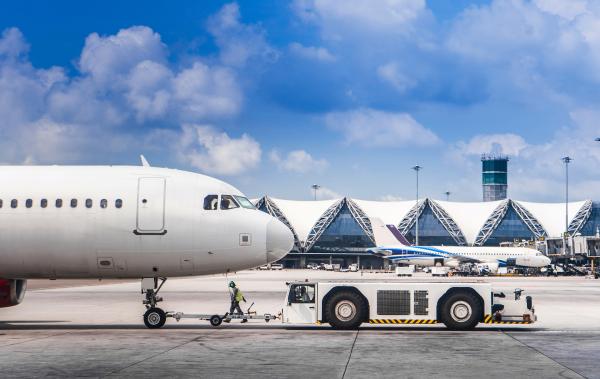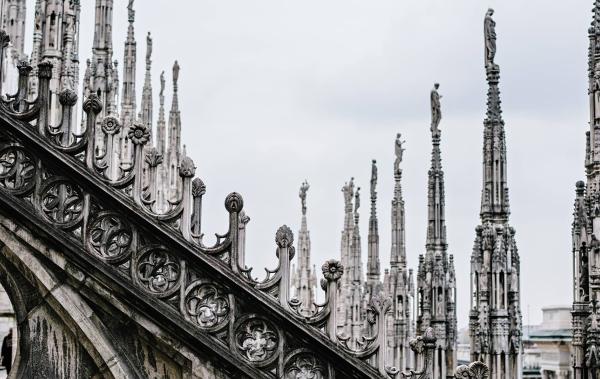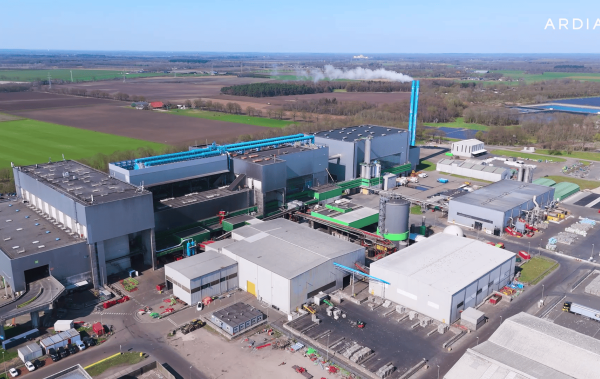Wintics Cityvision: artificial intelligence at the heart of future mobility
Growth stories
Wintics Cityvision: artificial intelligence at the heart of future mobility
-
04 February 2022
-
Real Assets
-
Infrastructure
Reading time: 5 minutes
This is the challenge that Wintics – an Ardian Infrastructure team portfolio company – is striving to solve with its state-of-the-art video analysis software, Cityvision. In early 2021, the City of Paris won the Territoria d'Or award in the Mobility category for its initiatives with Cityvision. Let us take a look at this highly promising solution, which reinvents how we get around in cities and makes artificial intelligence a cornerstone of future mobility.
Cityvision… or how to make city security cameras smart
The principle behind Cityvision is simple: real-time analysis of video streams from any city security camera. Pedestrians, buses, bicycles and even scooters, nothing gets past Cityvision, which can reliably and separately count and monitor in real time up to eight types of urban transport. What is this technology called? Computer vision, a branch of artificial intelligence, which consists in analyzing, processing and understanding digital images and videos.
For Quentin Barenne, co-founder of Wintics, the data retrieved from city security cameras is a goldmine, which can now benefit the world’s urban players.
Cameras have been used for a long time in cities, and their numbers have increased significantly in recent years. Prior to the emergence of deep learning, most of these digital images could not be exploited. Today this vast amount of data can be analyzed, making it an excellent tool to better understand how cities operate and how best to manage them.
Data for smooth and safe urban travel
So what happens to this data once collected? The Cityvision tool has a dual purpose: streamline traffic and make public spaces safer.
Real-time video analysis can be used to detect anything that can impact traffic – accidents, congestion, wrong-way driving, breakdowns, double parking in a bus lane, etc. – and ensure rapid intervention to ease traffic flow. Thanks to the data retrieved from the cameras, available parking and guide motorists to free spaces can be identified. Another possible application is real-time traffic light regulation to change lights to green for pedestrians if there are many waiting to cross the road, for example.
It can also be exploited in multiple ways to ensure safety: dynamic management of signal lights to make dangerous intersections safer for cyclists and pedestrians, detection of road misuse (mopeds in a bike lane or on a sidewalk) or obstructive parking, etc. Cityvision automatically detects abnormal or hazardous situations in public areas to protect the most fragile means of transport and improve their comfort.
Cityvision’s algorithms can also be used to test temporary layouts and decide whether they should be kept. In Paris, the Territoria d’Or award-winning initiative consisted in observing flows in a temporary bike lane and assessing this tactical urbanism project by monitoring changes in how commuters travel. “For this project organized on a major Parisian street, we sought to answer various questions: How many cyclists are there? What is the remaining vehicle traffic? Do these road system changes need to be adjusted or can they be kept as they are? This valuable information helps guide urban planning decision-making” explains the Wintics co-founder.
Artificial intelligence for more sustainable cities
The ultimate aim of all these initiatives is to encourage soft and shared mobility and improve living standards in cities.
Our cities were mainly designed and developed for cars, with major polluted thoroughfares that are often hazardous for “soft” mobility (bicycles, scooters, etc.) users. The result: a decline in living standards, for both motorists – who spend 64 hours a year in Parisian traffic jams! – and residents who have to endure noise, insecurity and pollution. By reducing congestion in the most frequented and complex urban environments and improving the safety of pedestrians and cyclists, Cityvision helps to create a more sustainable co-existence. For Quentin Barenne, “the easier, quicker and safer it is to travel by bicycle, on foot, by scooter or on public transport, the more these “active” and/or shared means of transport will be adopted by citizens, further improving urban living standards”.
Following the success of Cityvision with local communities, Wintics is already thinking of new ways to capitalize on urban data. Crowd analysis in the Paris metro, free flow tolls on highways and at city entrances, lanes reserved for carpooling, detection of illegal dumping on streets, etc. - there are virtually endless possibilities to how this software can be applied, its scope being extended each time the solution is deployed. Smart city data represents a wealth of information that artificial intelligence will continue to use to build safer, nicer and more sustainable cities!
Listen to "From asphalt to AI", the third episode of “Entrepreneurial Journeys” Ardian’s new podcast , with the insights of Miguel Martin, Chief Business Development Officer of Ascendi and Quentin Barenne, co-founder of Wintics.





